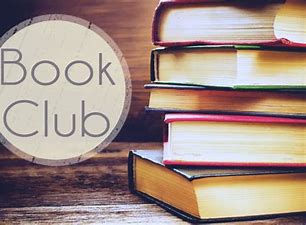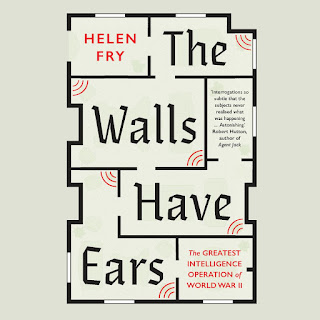Reconstructing and Recording Combat Experiences in First World War and World War 2
One of the many interesting discussions I have been
involved in of late has been about the writing and recording of combat
experiences and how reliable or not those accounts are.
Some of the first books we all read on the wars is those of
soldiers, sailors and airmen and their personal experiences, their involvement
in war, what they saw and felt. We get
drawn in by the excitement, heroism, action, and outcomes. A lot of time we
have read these in isolation without being able to share with others that have
our interest and without understanding the wider context. In some ways that
comes with age and experience.
Social Media has enabled people from all over the world to
come together and discuss all aspects of war and the question of “Reconstructing
and Recording combat experiences in World War 1 and Second World War” keeps
coming to the fore. As we understand more, we start to question the evidence in
front of us. We start to understand how these accounts are written and how
accurate or not they may be.
The accounts range from total fiction to what we believe to
be a truer reflection such as. These considerations
also relate to all aspects of how war and combat are recorded from regimental
diaries, to battle reports etc.
How do we trust these reflections on combat and
experience?
There are a number of questions to be asked. Who are they
writing for, why are they writing, what is their agenda, when did they write?
Over time reflections of what took place change. How the effects
of those actions act upon the memory must be considered. How actions over a
time period in combat change a person and how those changes, alter what and how
they write.
There is also the consideration of embellishment. To make
the story more than it was that can change over time.
All this consideration must be taken into account when drawing
our own conclusions.
Furthermore, Class can play a huge part in how recollections
are written and the words that are used. Officer ranks tend to come from a well-educated
background, they understand language and how emotive that can be. Where those
of a lower rank will write from the heart. They will tend to write as they
speak with the language they are used to. Perhaps is some way these could be a
truer reflection.
With regimental diaries and battle reports again, it is the
artistic licence of the author and their experience that influences how these
documents are written. The experience of war can and will affect the narrative
and reflections and this may lead to a less than accurate account.
There are also the political aspects of writing these
accounts. Who will read them which senior officers will be involved, how
regiments want to be perceived?
Conclusion
You may ask what the solution to this is. How do we accurately
reconstruct and record combat experiences?
There is no definitive solution. Evidence based analysis is
one way to address some of these issues. Cross referencing the varying forms of evidence, checking dates,
movements, other accounts and being able to reflect of these could help.
Ultimately, there is an amount of trust required when reading
accounts of combat through veterans’ eyes and remember this is their recollection,
it is them writing about their experiences, so you must take some of the writing
on face value, trust what they are saying and try to understand the person as
well as their experiences.
There is a lot to consider, a lot to think about and a
debate and discussions that will continue. I will come back to this thought
later.
Never let this put you off reading these accounts. Never
stop enjoying them we need to continue to record these experiences for our next
generations and we need to ensure the lessons of war are not forgotten.




Comments
Post a Comment